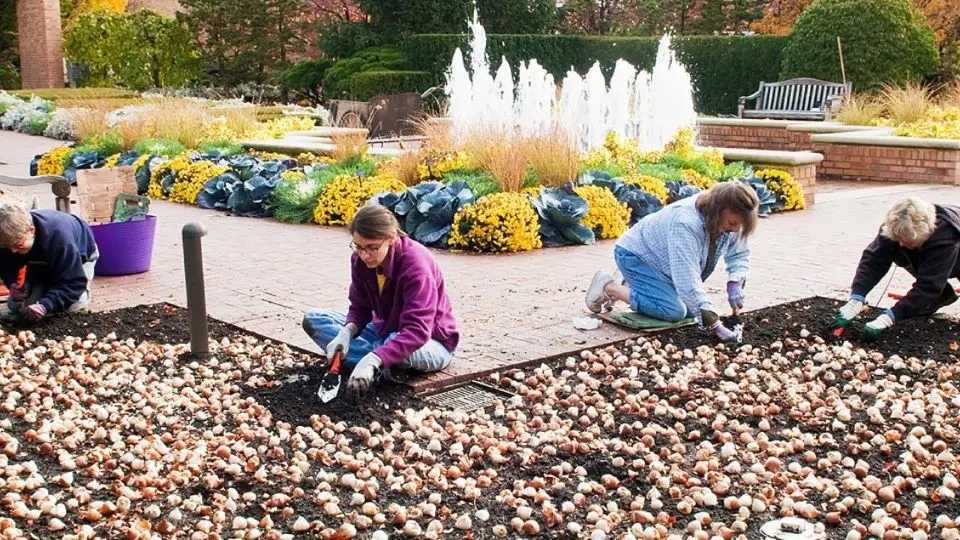Volunteerism plays an essential part in strengthening communities. Through various initiatives, individuals contribute their time and expertise, directly benefitting those they live amongst. By volunteering their services they not only contribute to strengthening the lives of others around them but also develop an enhanced sense of purpose while building stronger connections amongst themselves.
Volunteerism opens up opportunities for both personal and civic growth. Volunteers can support local organizations, drive economic expansion and contribute to health and well-being initiatives – ultimately building more vibrant communities where everyone benefits from shared efforts and resources.
Engaging in volunteer activities can foster greater social connections. When individuals work towards common goals together, friendships form and knowledge is shared between each other to form an informal network that offers mutual support – strengthening resilience within communities as they address various needs and challenges together.
Individual and Community Benefits of Volunteerism
Volunteering offers many tangible advantages for both individuals and communities alike, providing personal empowerment and growth benefits while strengthening social bonds that benefit everyone involved.
Volunteerism empowers individuals by giving them opportunities to take on roles that increase self-confidence. Engaging in meaningful work also offers volunteers a sense of direction and purpose in life.
An overall sense of purpose can foster personal development as individuals acquire new skills and experiences, such as working across diverse environments to adapt quickly to problems efficiently.
Volunteers typically report higher levels of compassion, which strengthens community ties and creates an inclusive atmosphere. By contributing towards positive change initiatives they enhance their commitment to society while improving health and well-being for themselves and the greater good. Essentially these types of benefits make volunteering attractive as they provide benefits both short- and long-term for communities as a whole.
Participating in volunteer activities has the power to significantly enhance health and well-being, with studies revealing its ability to reduce stress while decreasing heart disease risks.
Engaging in community service often results in improved mood and decreased feelings of isolation, providing powerful psychological support systems and contributing to overall better mental health.
Volunteers also tend to enjoy physical health advantages such as lower mortality rates. Being active often helps relieve chronic pain while simultaneously supporting overall physical wellness.
Caregivers who care for others also foster their own emotional well-being, creating a cycle of positive health effects that benefit themselves and society as a whole. Social and Career Development.
Volunteering can dramatically strengthen social skills and expand one’s network, with volunteers meeting new people, making friends and building relationships that could open doors to various opportunities.
These relationships provide invaluable support systems and build stronger communities.
Volunteering offers invaluable career development benefits; individuals can acquire essential job skills and gain work experience while potentially receiving training or accessing mentorship opportunities.
Volunteer experiences can provide students with invaluable career advancement by showcasing their commitment and ability to collaborate across diverse groups. Building up their social network through volunteerism may open doors to better job prospects in the future. Intense Community Service
Volunteerism plays a central role in strengthening communities. Volunteering promotes civic engagement, builds social ties between neighbors, and tackles pressing social issues through collective efforts. In the following section we explore how community service and collaboration contribute to stronger neighborhoods.
Community Service and Engagement.
Community service involves individuals providing volunteer efforts that address local needs. By doing this, it helps foster an increased sense of inclusion and empowerment among residents.
Community Service Brings Multiple Benefits:
Social Connections: Individuals form friendships and networks as they work side-by-side with volunteers. Skill Development: Volunteers gain invaluable project planning and task management experience through volunteering opportunities. Increased Communication Skills: Regular interactions enhance communications capabilities that facilitate teamwork.
Engaging in community service raises awareness about local challenges, prompting more residents to become active participants. This cycle of participation strengthens community bonds and cultivates an atmosphere of service in an area. Collaborative Solutions for Addressing Social Issues
Volunteers working together can more efficiently address social issues. Their cooperative approach promotes problem-solving and resource sharing more efficiently.
Focus Areas:
Homelessness: Volunteers can organize food drives, shelters and job training programs in response to homelessness issues; while quick response teams may also be formed during emergency situations.
Advocacy Efforts: Volunteers work with non-profits to address broad social issues by raising awareness and effectuating change.
Individuals working together create positive impacts as well as long-term solutions, improving social cohesion and encouraging shared responsibility for community wellbeing. Role of Organizations in Volunteerism
Nonprofit and local organizations play an invaluable role in providing volunteer opportunities. By matching projects to individual volunteers’ skills and interests, nonprofits provide volunteer experiences tailored specifically for them.
Key Roles of Organizations:
Project Planning: Organizations design volunteer projects to meet community needs. Training and Support: They offer volunteers training on effective participation. Networking Opportunities: By creating platforms for volunteers to interact socially.
Organizations’ efforts enable individuals to take an active part in shaping their local communities. Volunteers feel valued and appreciated for contributing, which fosters long-term community growth efforts.


Comments are closed